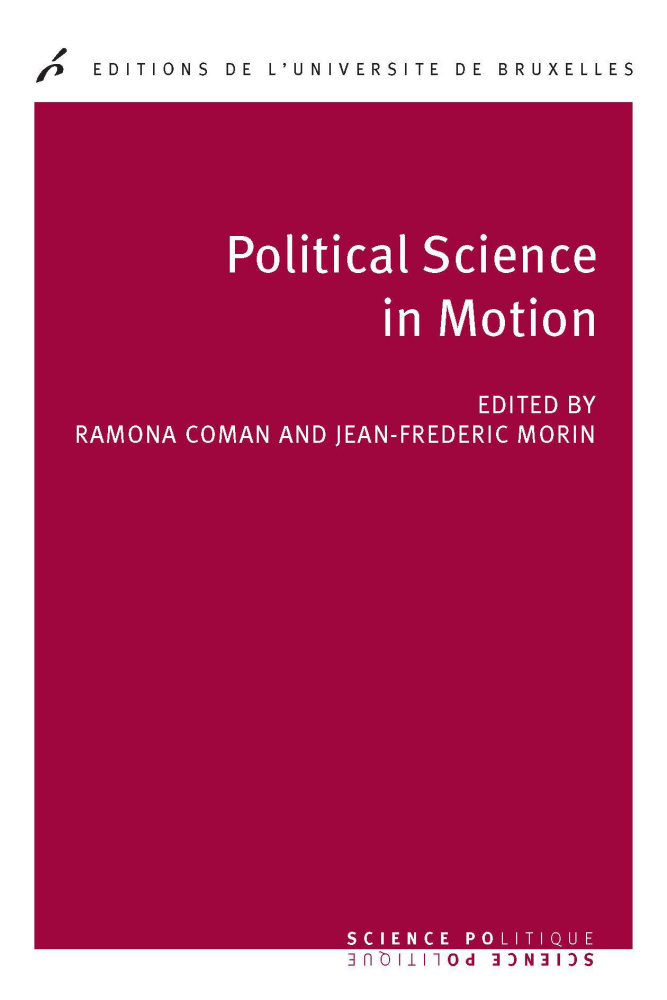Political Science in Motion
Première édition
This book examines recent developments in political science research, by considering its new influences and its new challenges. Lire la suite
What are the new influences to which the discipline opens itself up? Is political science research converging towards a single model or splitting into different streams? What are the new challenges at the beginning of the 21st century?
By addressing these questions, this collection of essays discusses three interrelated topics: the relationship between political science and the problems of politics, the relationship between political science and other fields of research, and the transformation of the profession. In so doing, this volume traces the major trends in contemporary political science research since the end of the Cold War.
As part of this approach, the authors rely on the academic journals as a field of investigation. Each of the eight chapters focuses on a different journal, including the American Political Science Review, West European Politics, the British Political Science Review, Security Dialogue, the Journal of Common Market Studies, International Security, Electoral Studies and the Revue française de science politique.
The book is intended to scholars with an interest in the historiography of political science, the epistemology of knowledge, the sociology of the profession as well as the evolution of the field in terms of research agendas, theoretical approaches and methodological debates.
Spécifications
- Éditeur
- Éditions de l'Université de Bruxelles
- Édité par
- Ramona Coman, Jean-Frédéric Morin,
- Introduction de
- Ramona Coman, Jean-Frédéric Morin,
- Contributions de
- Clément Jadot, Caroline Close, Lidia Núñez, Manuel Cervera-Marzal, Camille Kelbel, Lorenzo Angelini, Krystel Wanneau, Marie-Catherine Wavreille,
- Collection
- Science politique | n° 56
- ISSN
- 13786571
- Langue
- anglais
- Site web ressource
- Oapen.org
- Catégorie (éditeur)
- > Science politique
- BISAC Subject Heading
- POL000000 POLITICAL SCIENCE
- Code publique Onix
- 06 Professionnel et académique
- CLIL (Version 2013-2019 )
- 3283 SCIENCES POLITIQUES
- Date de première publication du titre
- 18 janvier 2016
- Subject Scheme Identifier Code
- Classification thématique Thema: Sciences politiques et théorie
Livre broché
- Details de produit
- 1
- Date de publication
- 04 novembre 2021
- ISBN-13
- 978-2-8004-1786-8
- Ampleur
- Nombre de pages numérotées : 208
- Code interne
- 1786
- Format
- 160 x 240 x 1,6 cm
- Poids
- 502 grammes
- ONIX XML
- Version 2.1, Version 3

